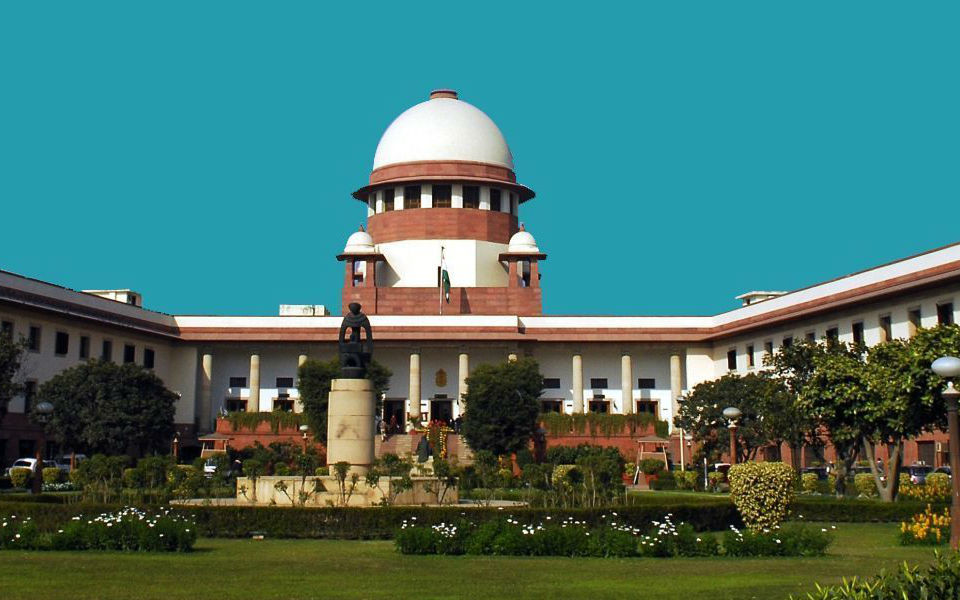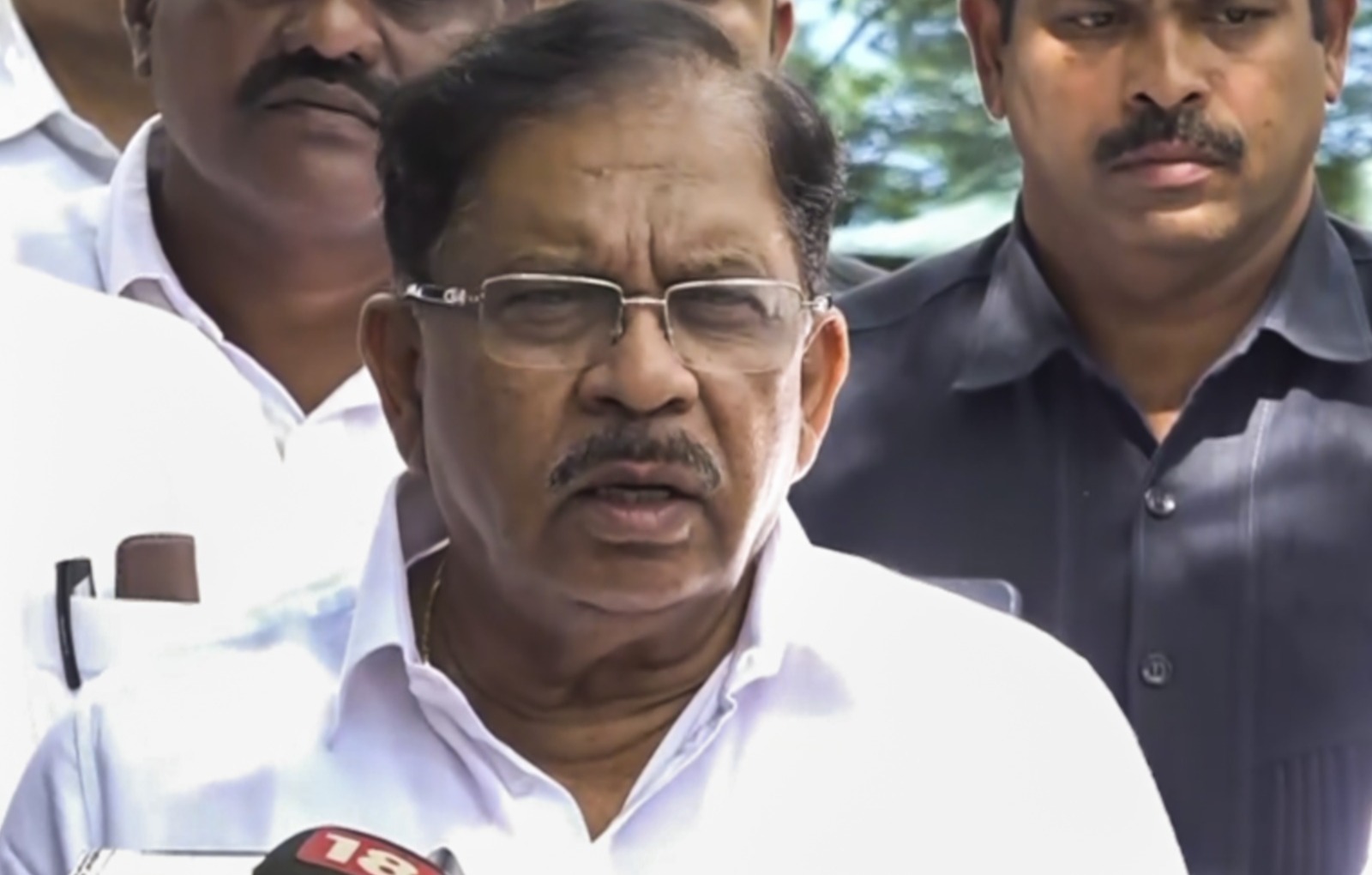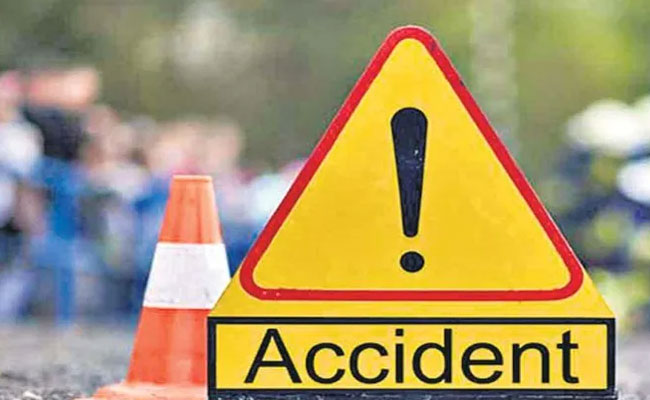New Delhi, May 8: The Supreme Court on Tuesday asked the state governments to take appropriate steps to increase the existing capacity in open prisons.
A bench of Justice Madan B. Lokur and Justice Deepak Gupta asked the state governments to increase the existing capacity of inmates in open prisons after taking into note that there are 63 open prisons in different part of the country but these were not fully utilised.
Open prisons allow convicts to work outside the jail premises and earn a livelihood and return in the evening. The concept was brought in to assimilate the convicts with the society and reduce their psychological pressure as they faced lack of confidence in leading normal lives outside.
During the hearing, Additional Solicitor General N.S. Nadkarni, appearing for the Centre told the bench that final draft of "Administration of Open Jails Act and Rules" has been finalised and sent to states to notification and implementation.
An advocate assisting the court as amicus curaie, told the bench that there are total 63 open prisons in the country and out of them 29 are in Rajasthan. He added that just 60 per cent capacity of open prisons have been utilised.
The court's direction came while hearing a matter relating to inhuman conditions prevailing in 1,382 prisons across the country.
On the issue of overcrowding prisons, the apex court said the overcrowding is beyond the limit and the issue must be considered by all the High Court as it violates human rights of prisoners.
It asked all the High Courts to take up the issue of overcrowding the prisons as suo moto.
Earlier, the court was informed that over 1,300 prisons across the country were overcrowded, even to the extent of more than 600 per cent.
Regarding vacancies in the prison staff, the bench said prison authorities and state government to recruit prison staff and asked High Courts to also take this issue as suo moto.
Let the Truth be known. If you read VB and like VB, please be a VB Supporter and Help us deliver the Truth to one and all.
Bengaluru (PTI): Naxalism has "more or less" ended in Karnataka, Home Minister G Parameshwara said on Thursday, following the surrender of six Maoists. He also strongly defended their surrender before Chief Minister Siddaramaiah amid criticism.
He stated that the Maoists were unarmed when they surrendered, and the police would investigate where they might have left their weapons.
The group of six Maoists who surrendered on Wednesday includes four from Karnataka—Mundagaru Latha from Sringeri, Vanajakshi Balehole from Kalasa, Sundari Kutluru from Dakshina Kannada, and Mareppa Aroli from Raichur. The other two are Vasantha K from Vellore in Tamil Nadu and N Jeesha from Wayanad in Kerala.
"Who is saying it was not appropriate for the Naxals to surrender before the CM? They should explain what is wrong and why they think it is wrong. We wanted to send a message to society that Naxalism has no place. When the surrender happens before the CM, the whole state becomes aware, and those who believe in Naxalism may rethink," Parameshwara said in response to criticism from the BJP.
Speaking to reporters, he said the surrender was intended to send a message to those involved in Naxal activities, making them aware that the government and the CM are committed to reforming them.
"What’s wrong with it? Let critics explain. Simply saying the surrender shouldn’t have happened before the CM is not right. They should provide reasons for their objections," he added.
Addressing objections raised about the rehabilitation package for the surrendered Maoists, the Home Minister defended the decision. "We will extend the package to all those involved in Naxal activities who wish to return to the mainstream. What’s wrong with that?" he said.
The six surrendered Maoists will be rehabilitated under categories 'A' and 'B' of the Karnataka Naxal Surrender Policy, 2024, and will receive Rs 3 lakh each.
Reacting to BJP general secretary and MLA Sunil Kumar’s statement that the Congress government was facilitating the surrender of Maoists as a "package" to convert forest Naxals into urban Naxals, Parameshwara dismissed the claims.
"He says such things, but Naxal activities were increasing in his constituency. The Anti-Naxal Force is based there in Karkala," he remarked.
When asked about whether the Maoists had surrendered their weapons, Parameshwara clarified that they were unarmed when they surrendered. "They left their arms behind. The police will investigate where they abandoned them," he said.
On whether Naxalism has officially ended in Karnataka, the minister said, "More or less, yes. We believe 99 per cent of it has ended."
Regarding Maoists from other states who surrendered, he said Siddaramaiah would speak to the chief ministers of those states, as the individuals face cases in their respective states in addition to Karnataka.
"As decisions have to be taken by those state governments too regarding cases against them, the CM has said that he will speak to his counterparts in Kerala and Tamil Nadu," the minister said.





